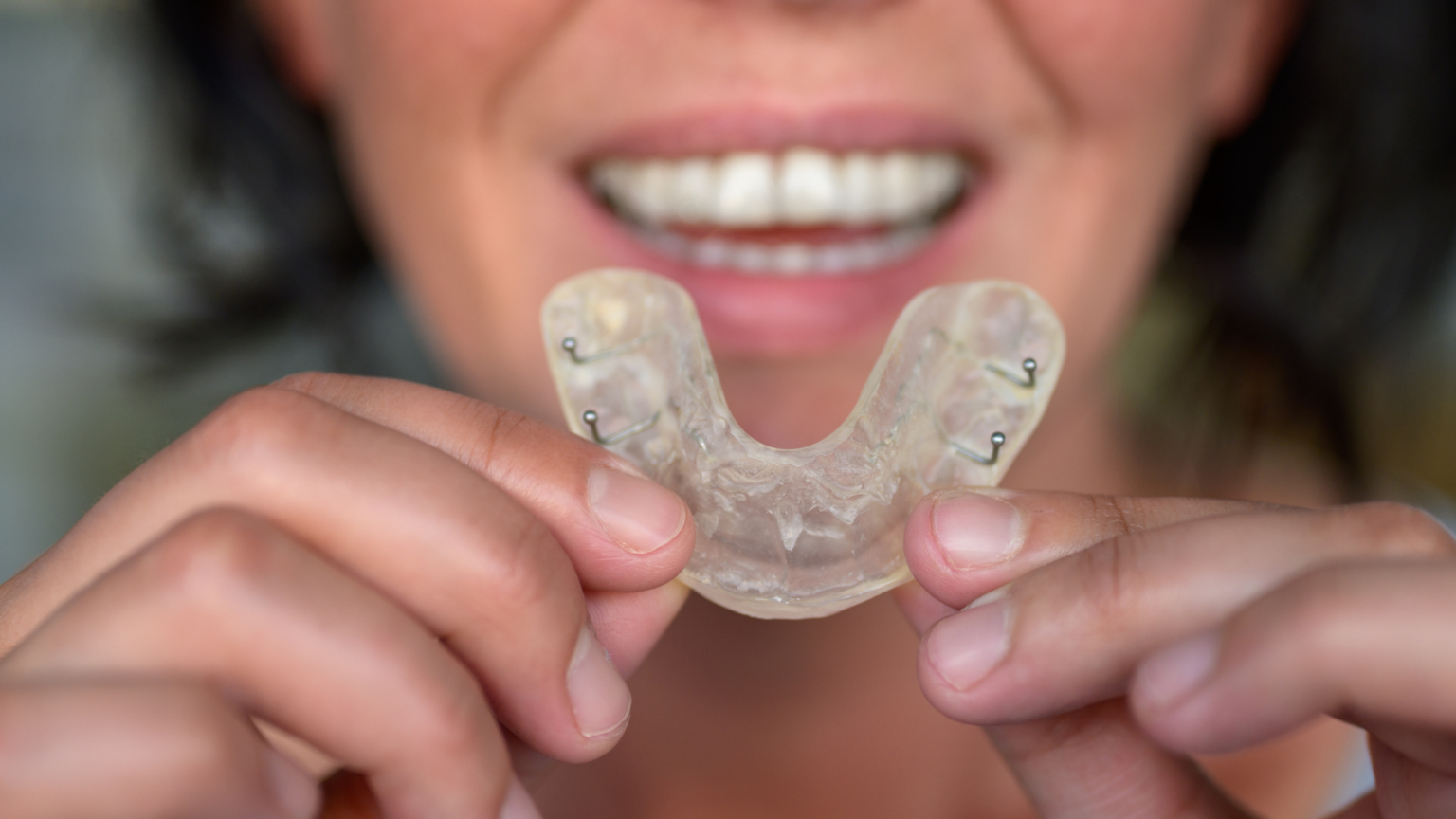Your temporomandibular joints (TMJ) are the two joints that connect your jawbone to your skull. Any time you open your mouth — to eat, speak, yawn, laugh, or anything else — your temporomandibular joints work.
Most people think about teeth when they think about the dentist, but the doctors at Santa Monica Bay Dental treat TMJ disorders and provide overall oral care. If you’re experiencing discomfort, popping, or other symptoms in your jaw, we can help.
TMJ disorder basics
About 12% of people in the United States have TMJ problems at any given time. Women experience TMJ disorders more often than men, and many different types of TMJ disorders exist.
One of the reasons there are so many different types of TMJ disorders is that it’s one of the most complex joints in your body. If you consider all the different ways you can move your jaw—opening and closing your mouth, moving from side to side, jutting forward or pulling back—and all the different muscles that are involved in those movements, you can begin to see just how complex your temporomandibular joints are.
Some of the symptoms that you may experience that indicate a TMJ disorder include:
- Pain in your jaw
- A clicking sound
- Headaches
- Earaches
- Pain in your neck or shoulder
- Ringing in your ears
- Swelling
- Tooth pain
Following are four reasons you may have a TMJ disorder.
Injury
If you experience an injury that damages your jaw, head, or neck, such as getting hit in the face with a ball or an auto accident, you have a higher risk of developing a TMJ disorder later. Researchers don’t know exactly why such injuries raise your risk of developing a TMJ disorder.
Medical conditions
Several different medical conditions are associated with a higher risk of TMJ disorder. For example, arthritis, fibromyalgia, and irritable bowel syndrome are all conditions that raise your risk of developing a TMJ disorder.
Dental problems
If your teeth aren’t properly aligned when you close your mouth, you have a misaligned bite, which can lead to a TMJ disorder. If you clench your jaw or grind your teeth, called bruxism, it can lead to a TMJ disorder.
Both a misaligned bite and bruxism can affect the muscles that surround your TMJ, and that can contribute to a disorder.
No known cause
In a great many cases, we can’t tell what causes a TMJ disorder. Scientists have determined that psychological, sensory, genetic, and nervous system elements can all contribute to TMJ disorder. Teasing apart exactly what led to your issue may not be possible.
However, even if we don’t know why you have a TMJ disorder, we can provide treatment recommendations. Those recommendations are based on many factors including your age, medical history, and even your preferences.
If you’re experiencing any of the symptoms associated with TMJ disorder, schedule your appointment at Santa Monica Bay Dental in Santa Monica, California. We can provide an assessment and make recommendations for treatments. Call or message us today.


